Design of the built environment plays a crucial role in the energy transition due to its significant impact on energy consumption, greenhouse gas emissions, and land use. In addition to energy-efficient design, renewable energy technologies, and smart building systems, design is central to the many forms of adaptation necessitated by the climate change, from managing flooding and sea level rise to carbon capture.
A panel of faculty from the Weitzman School of Design discusses their role of design in the energy transition.
Dorit Aviv explores the challenges faced by the building sector to provide sustainable cooling for a warming planet, providing an overview of her ongoing research on alternative cooling strategies based on architectural geometry and emergent building materials.
Matthijs Bouw shares nature-based solutions for climate change adaptation and mitigation—exploring design as an integrator and innovator among scales, disciplines, actors, and issues in energy transition projects.
William Braham discusses the changing uses of energy in buildings, with examples of net-zero carbon buildings at different scales, from houses to high-rises.
Nicholas Pevzner delves into the impacts of land use, including the amount and the distribution of land needed for renewable energy deployment, as well as land use conflicts and community opposition.
Hélène Pilorgé discusses carbon capture and storage and carbon dioxide removal, comparing different approaches, their energy requirement, land use, and economics.
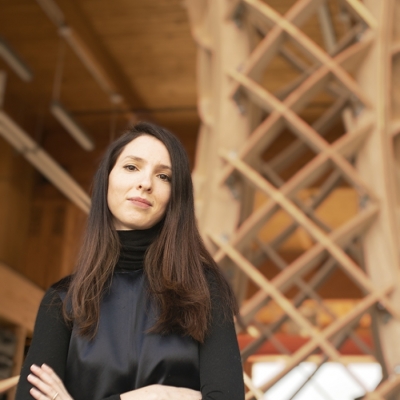
Dorit Aviv
Assistant Professor of Architecture
Weitzman School of Design
Dorit Aviv, PhD, AIA, is an Assistant Professor of Architecture at the Weitzman School of Design, specializing in sustainability and environmental perforamnce. She is the director of the Thermal Architecture Lab, a cross-disciplinary laboratory at the intersection of thermodynamics, architecture and material science. Her work examines paths to decarbonization of the built environment through design and policy. Specifically, she looks at the potential synergies between renewable environmental forces and architectural materials and forms, and their impact on buildings' energy performance, air quality, and human health.
She has been awarded a Holcim Award for Sustainable Design and Construction for a prototype of passive cooling in desert climate developed in collaboration with the University of Arizona and Princeton Unviersity and supported by a Microsoft Industry Grant. Other current projects include a net-zero off-grid floating lab on the East River, a Wharton-Ripple Research grant for monitoring energy usage across the Penn campus using distributed ledger technology, and a radiant cooling pavilion in Singapore, achieving below dewpoint surface cooling with no condensation, a collaborative project with Princeton, UBC, ETH, and UC Berkeley.
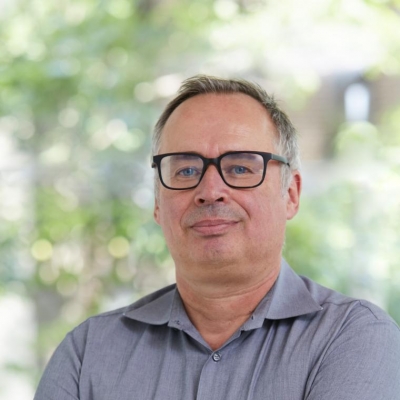
Matthijs Bouw
Professor of Practice in Landscape Architecture / Architecture
Weitzman School of Design
Matthijs Bouw is a Dutch architect and urbanist and founder of One Architecture and Urbanism (est. 1995), an award-winning Amsterdam and New York-based design and planning firm that is a global leader in the use of design for climate adaptation and mitigation.
Bouw’s work at Penn theorizes and positions design as an integrator and innovator among scales, disciplines, actors and issues in urban resilience, water management and energy transition projects. Additionally, he researches how to achieve and increase ‘resilience value’ in the implementation of complex projects. At Weitzman, Bouw teaches the interdisciplinary seminars ‘Design with Risk’ and ‘Public Health, Cities and the Climate Crisis’ (co-listed with the Master of Public Health program), as well as the ‘urban resilience studio’.
Bouw’s practice is known for its unique approach in which programmatic, financial, technical and organizational issues are addressed, communicated and resolved through design. Bouw has been a pioneer in the use of design as a tool for collaboration, for instance through the development of ‘Design Studios’ as an instrument to support the Netherlands’ Ministry of Infrastructure and the Environment with its long-term planning.
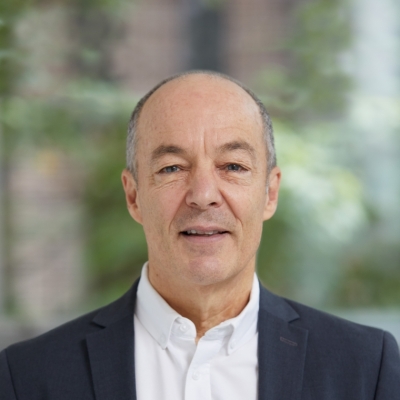
William Braham
Professor of Architecture
Weitzman School of Design
William W. Braham, PhD, FAIA is a Professor of Architecture at the University of Pennsylvania, where he previously served as Department Chair and Chair of the Faculty Senate, and is currently Director of the Master of Environmental Building Design and of the Center for Environmental Building + Design. He has worked on energy and architecture for over 35 years as a designer, consultant, researcher, and author of numerous articles and books. His most recent projects include energy and carbon plans for Nakashima Woodworkers and Chautauqua Institution and building performance modelling for Daikin Open Innovation Lab, Silicon Valley.
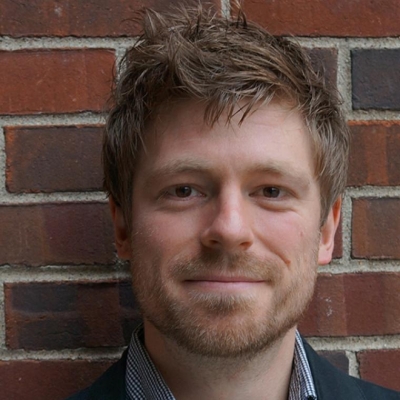
Nicholas Pevzner
Assistant Professor of Landscape Architecture
Weitzman School of Design
Nicholas Pevzner is an Assistant Professor in the department of Landscape Architecture and Regional Planning at UPenn’s Weitzman School of Design, and is a Faculty Fellow at UPenn's Kleinman Center for Energy Policy. His research spans across the topics of ecological systems, energy landscapes, and climate policy. Grounded in a socio-ecological framework, his work focuses on ecological systems and their integration into design, and energy systems and their integration into culturally contested landscapes. His teaching and research look for opportunities for decarbonization across sectors, investigating the impacts of climate policy on physical built environment, on cultural attitudes, and on implications for spatial justice.
He teaches design studios, as well as courses on urban ecology, urban design, and the history of energy systems. He recently taught a series of studios looking at the wildfire threat in the American West, that explored the intersection of fire, forestry, jobs, and carbon.
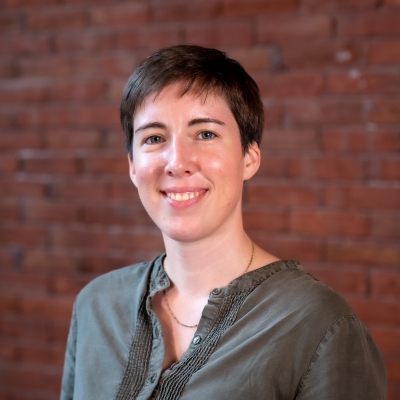
Hélène Pilorgé
Research Associate
Clean Energy Conversions Lab
Hélène Pilorgé is a research associate at the University of Pennsylvania and was previously a postdoctoral fellow at the Worcester Polytechnic Institute. She holds a PhD in geology from the University of Lyon (France), where she experimentally studied water-rock interactions in serpentinites under high pressure and high temperature conditions at the subduction zone interface.
Hélène’s research at Penn focuses on carbon accounting of various carbon management solutions and on Geographic Information Systems (GIS) mapping for responsible deployment of carbon management. She is particularly interested in outlining best opportunities where carbon capture (from industrial point sources or from the air) is co-located with CO2 storage, and low-carbon energy sources (geothermal, solar, wind, biomass), in order to maximize the impact of such systems on climate change mitigation. Where co-location is not possible, she is also looking into transportation options for the CO2. More recently, Hélène is including environmental justice components in her studies, to aim towards an equitable transition towards a decarbonized economy.

